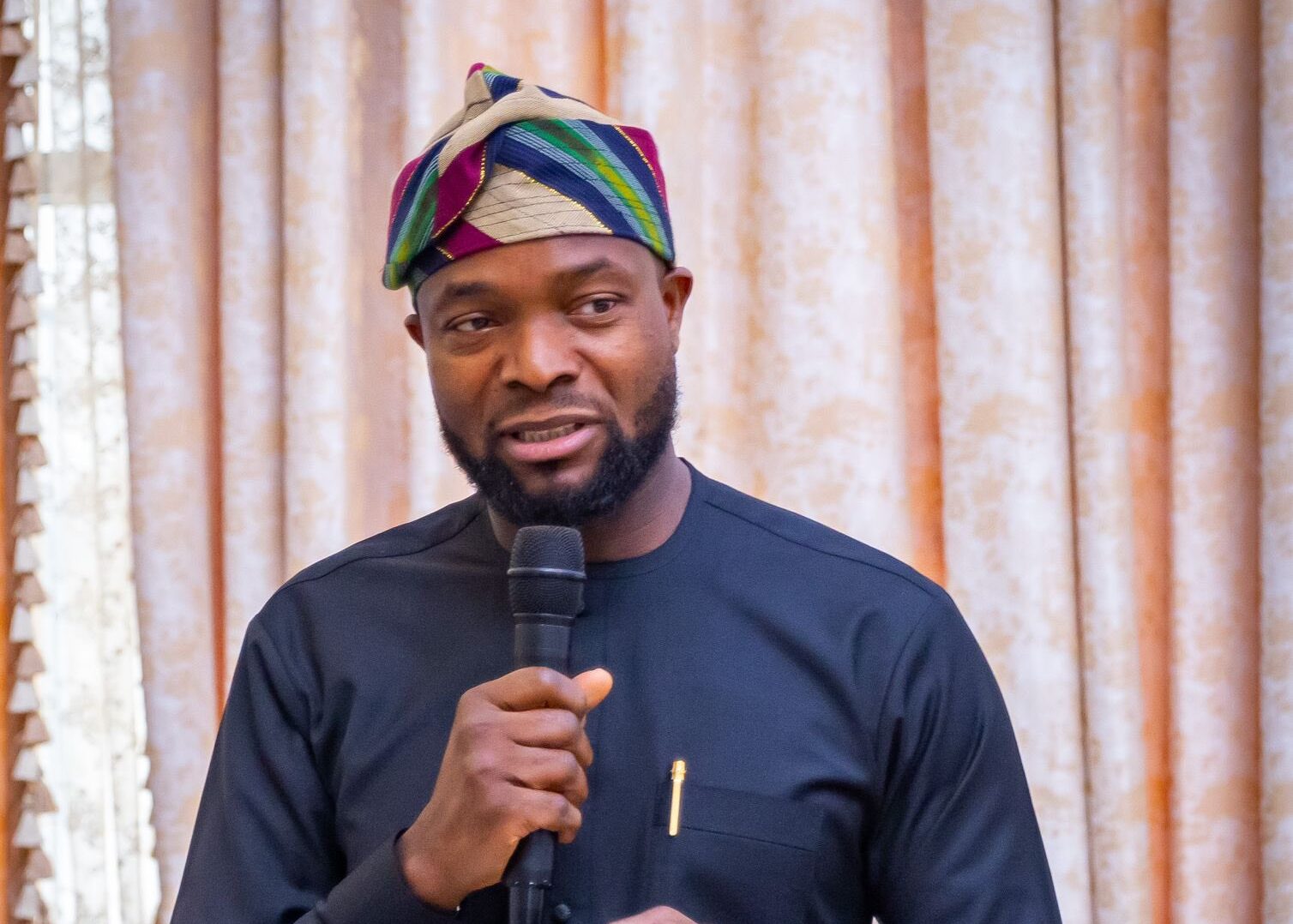TECHNOLOGY

FG ALLOCATES ₦12BN FOR RESEARCH IN AI, CONNECTIVITY, AND DIGITAL SKILLS
The Federal Government has unveiled plans to invest ₦12 billion in digital economy research projects to accelerate Nigeria’s digital transformation and ensure the nation fully benefits from emerging technologies.
Minister of Communications and Digital Economy, Dr. Bosun Tijani, made this known at the opening of the 18th edition of the International Conference on Theory and Practices of Electronic Governance (ICEGOV) in Abuja on Tuesday. The event, themed “Shaping the Future of Digital Governance Through Cooperation, Innovation and Inclusion,” was organised by the National Information Technology Development Agency (NITDA).
According to Tijani, platforms like ICEGOV offer nations the opportunity to explore the potential of emerging technologies while developing effective policies that address societal needs.
He stated that Nigeria’s active participation in the 2024 ICEGOV conference highlighted the country’s commitment to advancing digital research, noting that the nation’s strong performance earned it the trust of international partners to host the 2025 edition.
“The Nigerian government is not doing this as a show. Immediately after ICEGOV last year, we funded over 55 research projects,” Tijani said. “Currently, we are putting together about ₦12 billion to fund more research projects focused on the digital economy.”
He added that the government is establishing three research clusters across six universities, each focusing on key areas such as artificial intelligence, connectivity, and digital skills and literacy.
Tijani emphasized that digital technologies are now central to human development, warning that societies that fail to adopt them risk being left behind. He described technology as more than an economic tool, calling it a powerful driver for shaping and governing modern societies.
Also speaking, Prof. Elsa Estevez, Chair of the ICEGOV Steering Committee, highlighted the growing influence of artificial intelligence and the need for stronger collaboration among nations, institutions, and governments to manage associated risks.
“In recent years, we have been profoundly impacted by digital innovations that reshape how we interact, work, and live,” she said. “We must ensure that these innovations remain human-centred, inclusive, and contribute to building better societies. Governments must foster open dialogue, address misinformation, and secure the digital public space.”
Estevez stressed that maintaining a safe digital environment depends on effective regulation, education, and public awareness rooted in strong information ethics.
In his remarks, NITDA Director-General, Kashifu Inuwa, revealed that the Federal Government aims to integrate digital literacy into the national school curriculum by 2026.
He said the initiative will align the nation’s educational system with its digital growth strategy and ensure that Nigeria’s young, tech-savvy population contributes meaningfully to the country’s development.
“In Africa, we have a young population that is digitally native. Governments must meet them where they are,” Inuwa noted. “We are working with the Ministry of Education to integrate digital literacy into formal education, and with the President’s directive, this will take effect next year.”
He added that measures are also underway to equip public servants with digital skills to improve efficiency and service delivery across government institutions.
Earlier in May, Tijani disclosed that the National Digital Economy Bill, first introduced in 2024, was set to return to the National Assembly for its second and third readings after nationwide consultations.
The proposed law aims to create a comprehensive legal framework for Nigeria’s digital economy, addressing areas such as electronic transactions, data protection, cybersecurity, and digital infrastructure development. It seeks to foster innovation while ensuring safe and inclusive participation in the nation’s digital transformation journey.
"This represents a significant development in our ongoing coverage of current events."— Editorial Board









